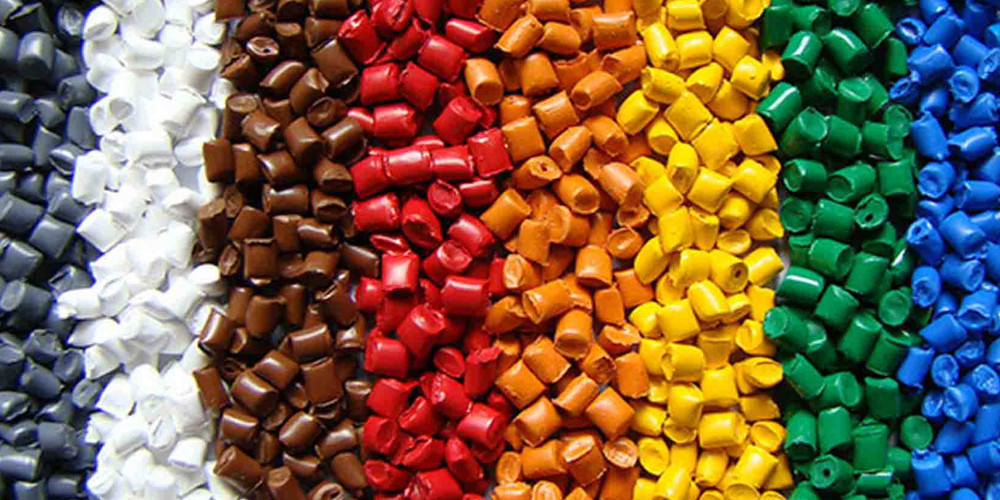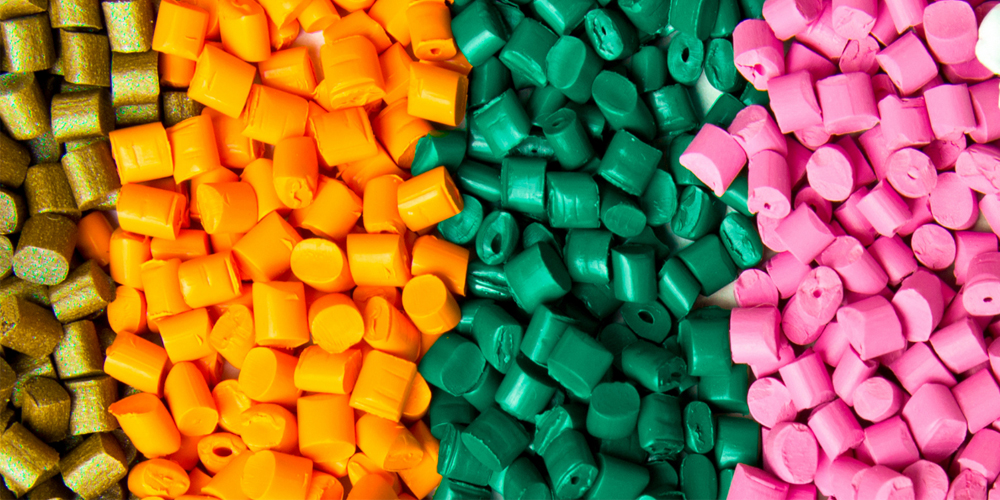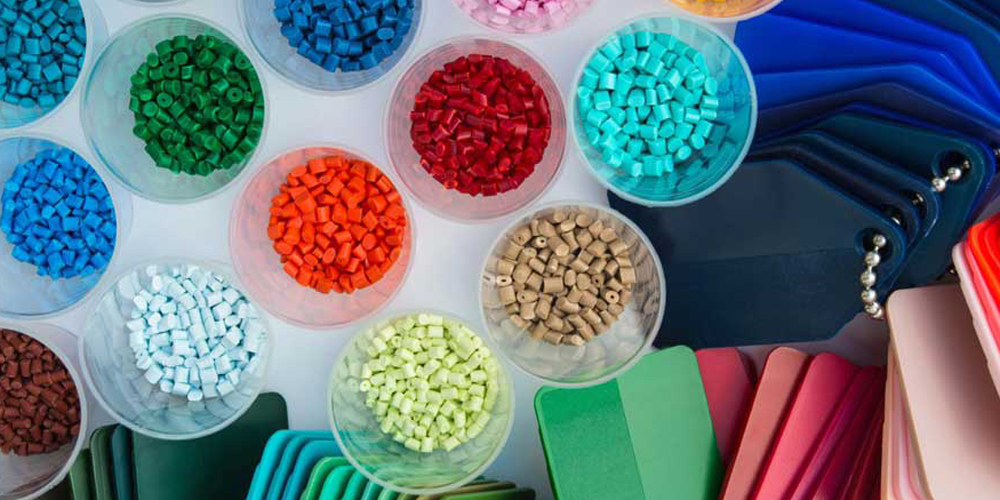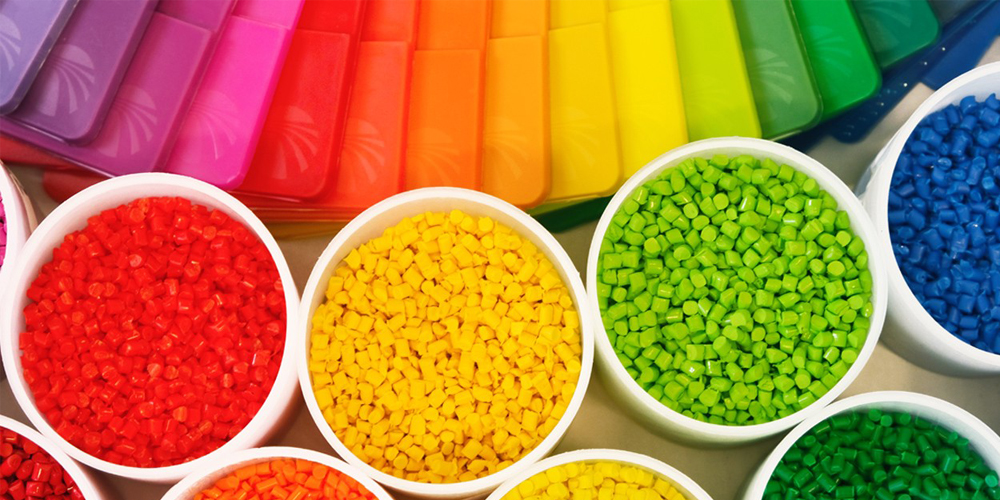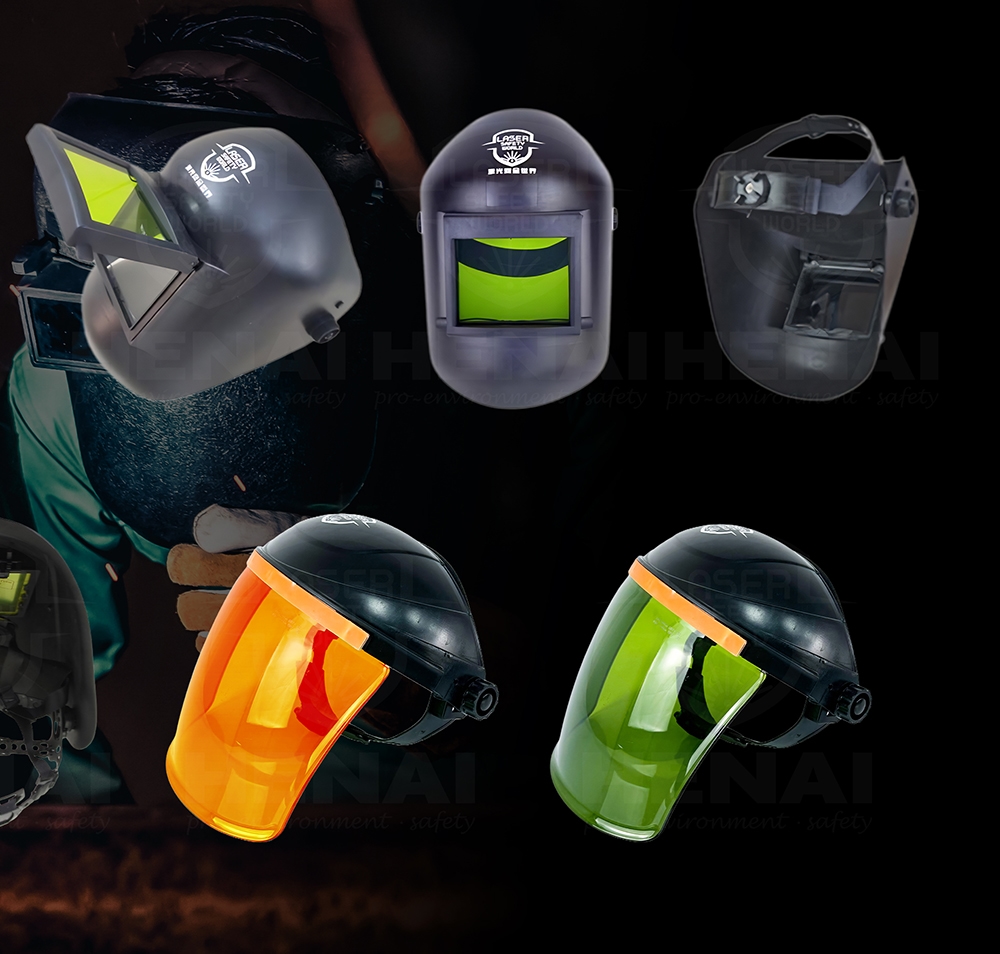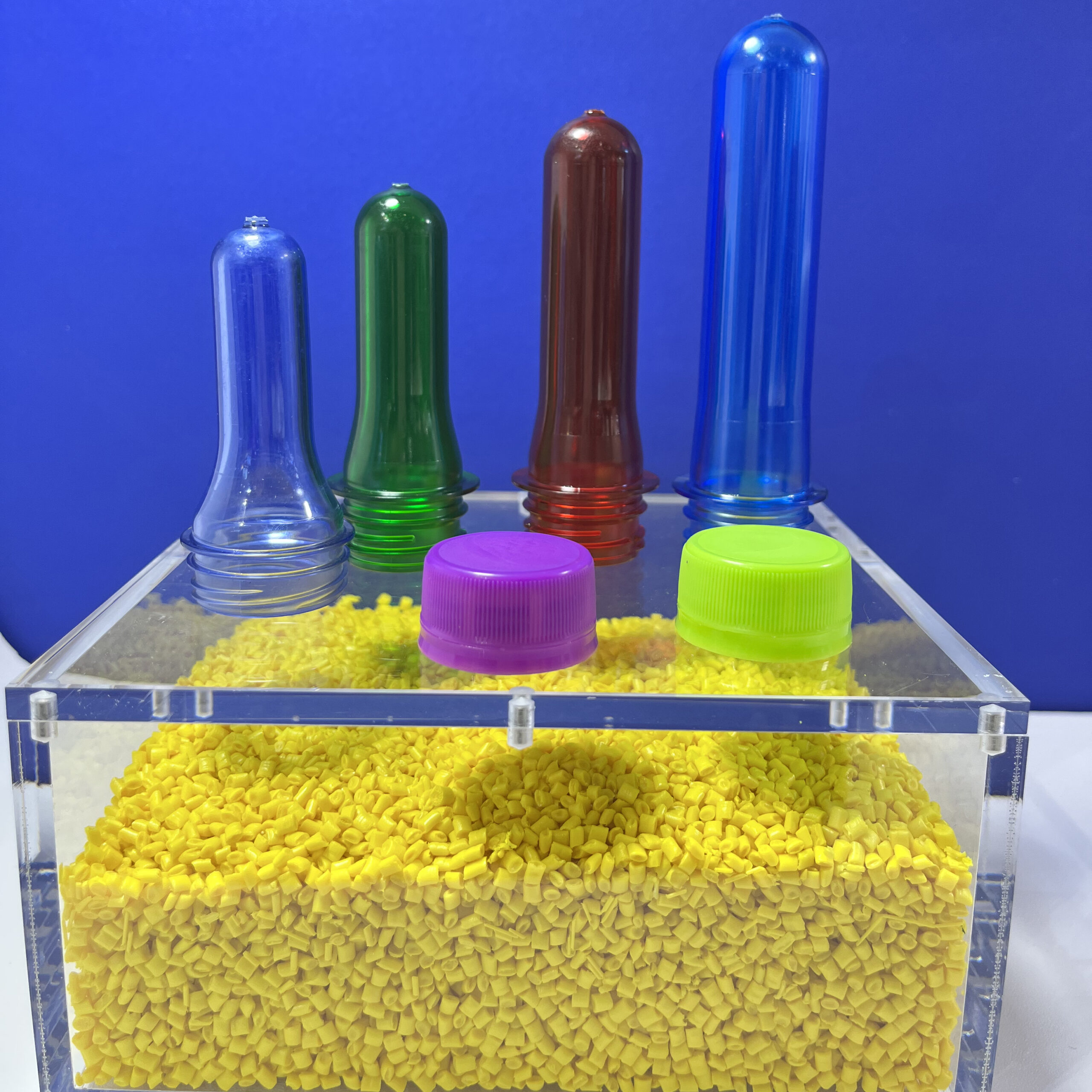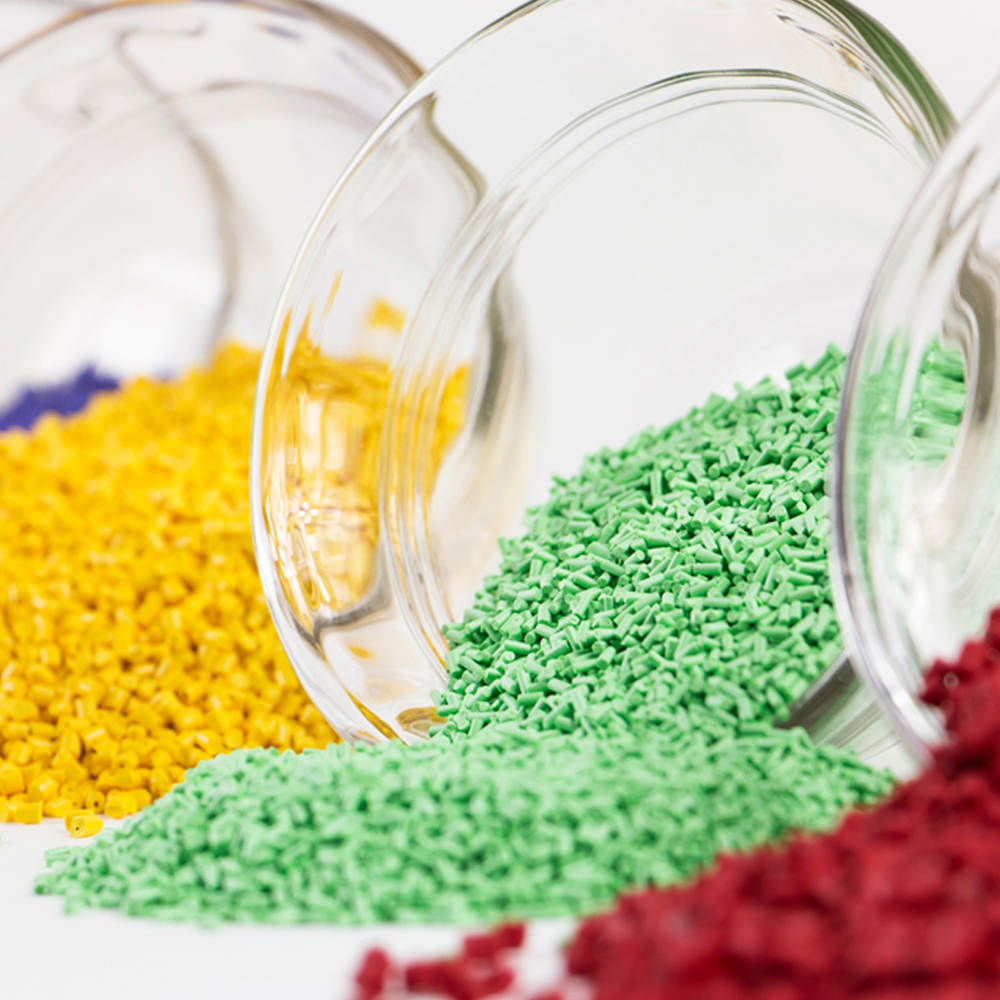
Understanding Functional Masterbatch: Types and Basic Information
Have you ever wondered what a functional masterbatch is and how it can be classified into different types? Functional masterbatch is essentially a concentrated form of various plastic additives.

